The siege of the Grand Mosque in Makkah in 1979, led by Juhayman al-Otaybi and his followers, was more than an act of militant extremism—it marked a turning point that reshaped Saudi society for decades. While its immediate consequences were political and religious, the siege also triggered a deep cultural shift, embedding a more conservative orientation into daily life.
In the 1970s, Saudi society—particularly in urban centers like Jeddah and Dammam—exhibited a relatively relaxed outlook. Women could choose not to wear the abaya or hijab, and mixed social spaces, such as hotel swimming pools and cafés, were part of the public landscape. This cultural openness, especially in coastal cities with international exposure, reflected a more diverse Saudi lifestyle. That openness was neither defiant nor politicized; it was simply part of life.
The aftermath of the siege, however, ushered in an era of stricter norms. The religious police—the Committee for the Promotion of Virtue and the Prevention of Vice—gained expanded authority, and modesty codes became formalised. The abaya and hijab were soon required for all women, including foreigners. Social spaces that once fostered informal interaction between men and women were swiftly segregated. Traditions that had once been shaped by custom and locality hardened into state-enforced regulation.
Where earlier generations had experienced traditions as social expectations, the post-1979 landscape transformed those norms into rules. Public life narrowed. Sermons and gatherings increasingly reflected conservative messaging, often influenced by those on the ideological fringe. While the shift aligned with the long-standing values of more conservative regions, it collided with the sensibilities of more cosmopolitan cities. For many Saudis who came of age in the 1970s, this new era marked a sharp departure from the norm—and one that was not easily reconciled.
Over time, the changes produced not just a more conservative society, but also a generational divide. Older Saudis adapted to the new order, often with ambivalence. Their children and grandchildren, however, have grown up in a different moment—one shaped by new reforms, digital connectivity, and broader exposure to global culture. Today's younger Saudis are forging an identity that blends modern aspirations with a renewed sense of cultural rootedness. They are not rejecting tradition, but reinterpreting it. From fashion to music, heritage festivals to independent design, Saudi youth are exploring new ways to express themselves without severing ties to the past.
The siege of Makkah is rarely discussed openly, but its legacy lingers. It reshaped not only how Saudi society functioned, but how it saw itself. It imposed a conservative frame that defined a generation. Yet the ongoing transformation of Saudi life—socially, culturally, and economically—suggests that no single moment can permanently fix the boundaries of identity.
What has emerged instead is a more fluid negotiation. The modern Saudi experience reflects this process: a society shaped by the weight of history, but not confined by it. For many Saudis, understanding that legacy is essential to understanding themselves—not to relive the past, but to move forward with clarity.
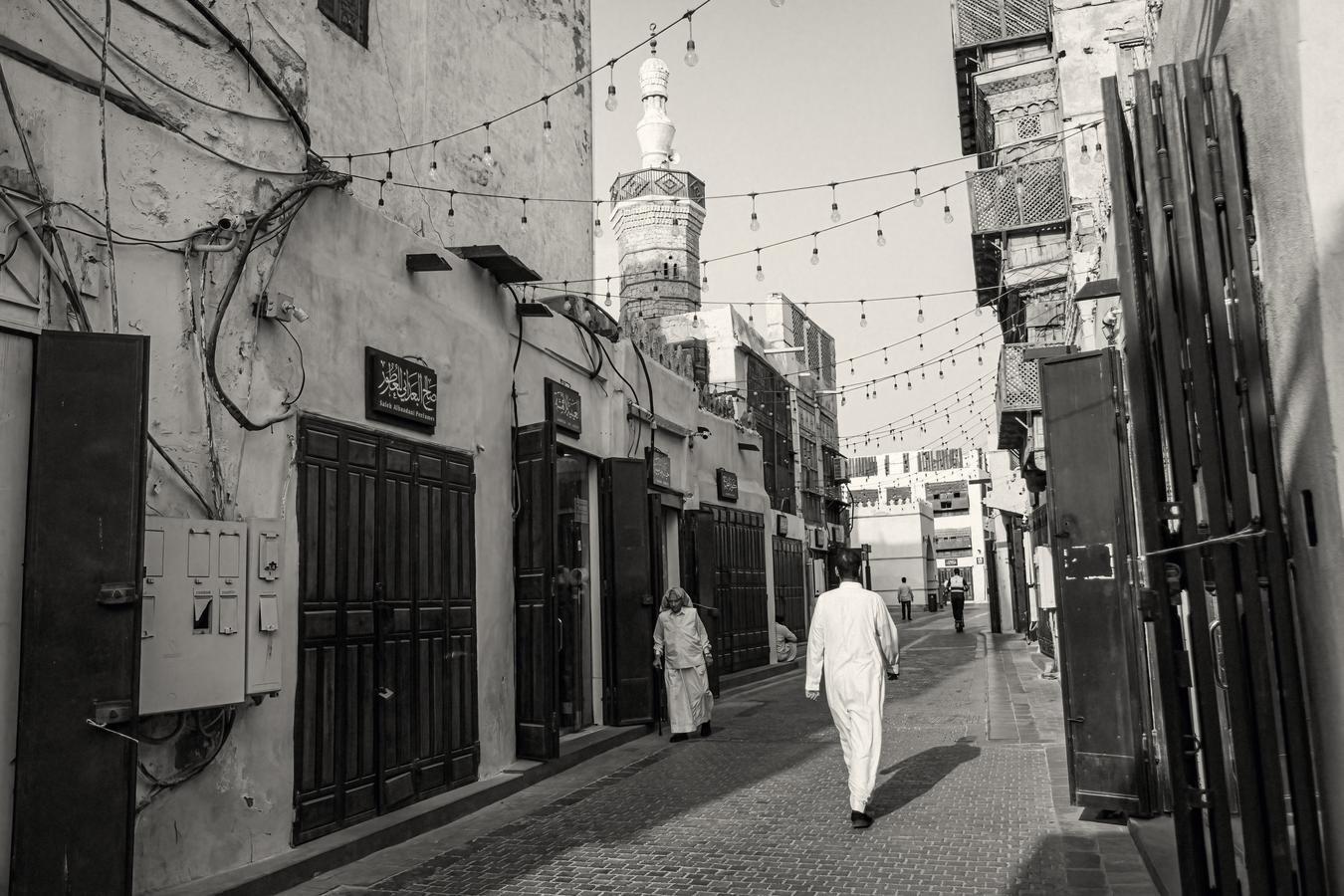
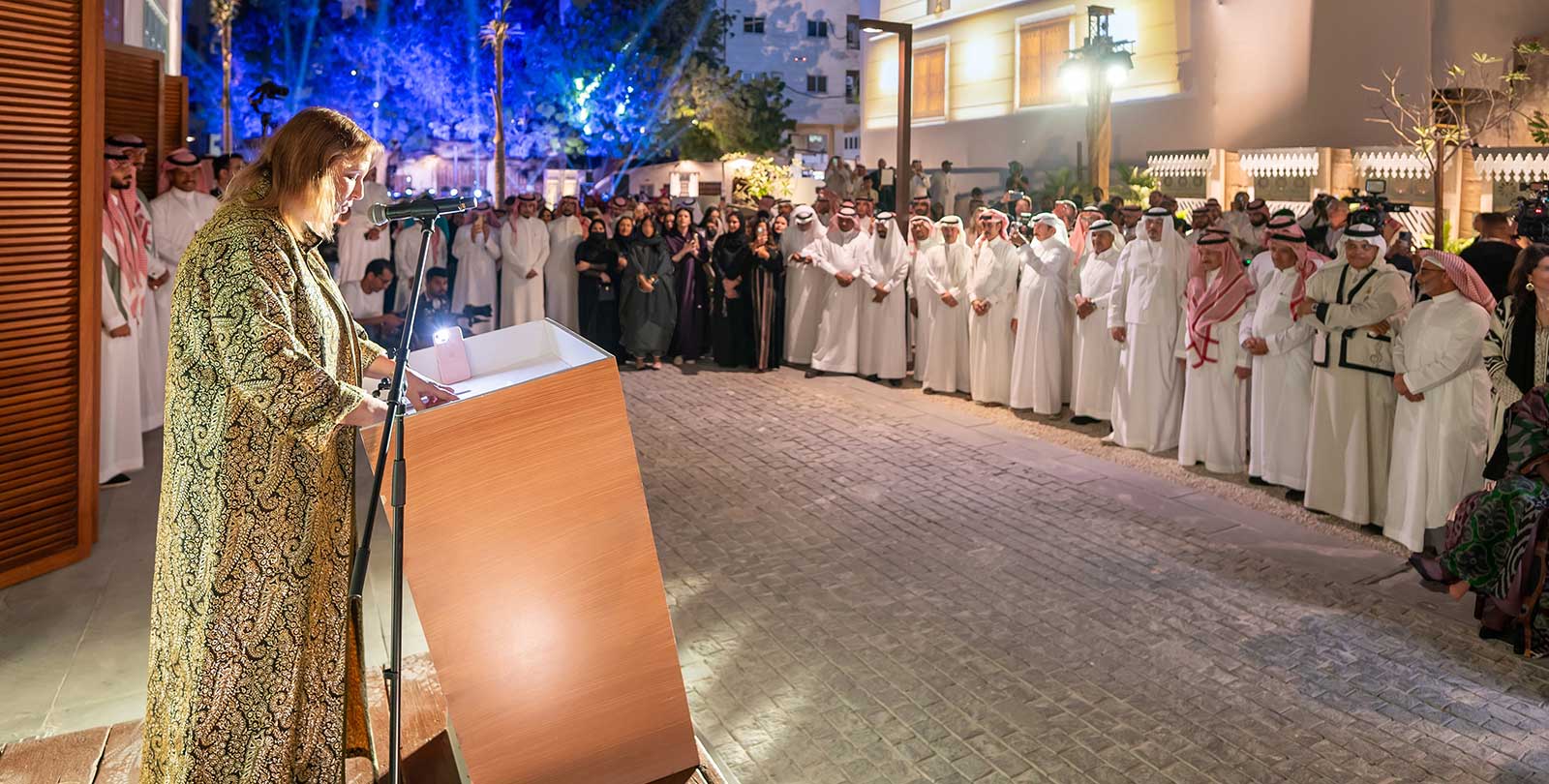
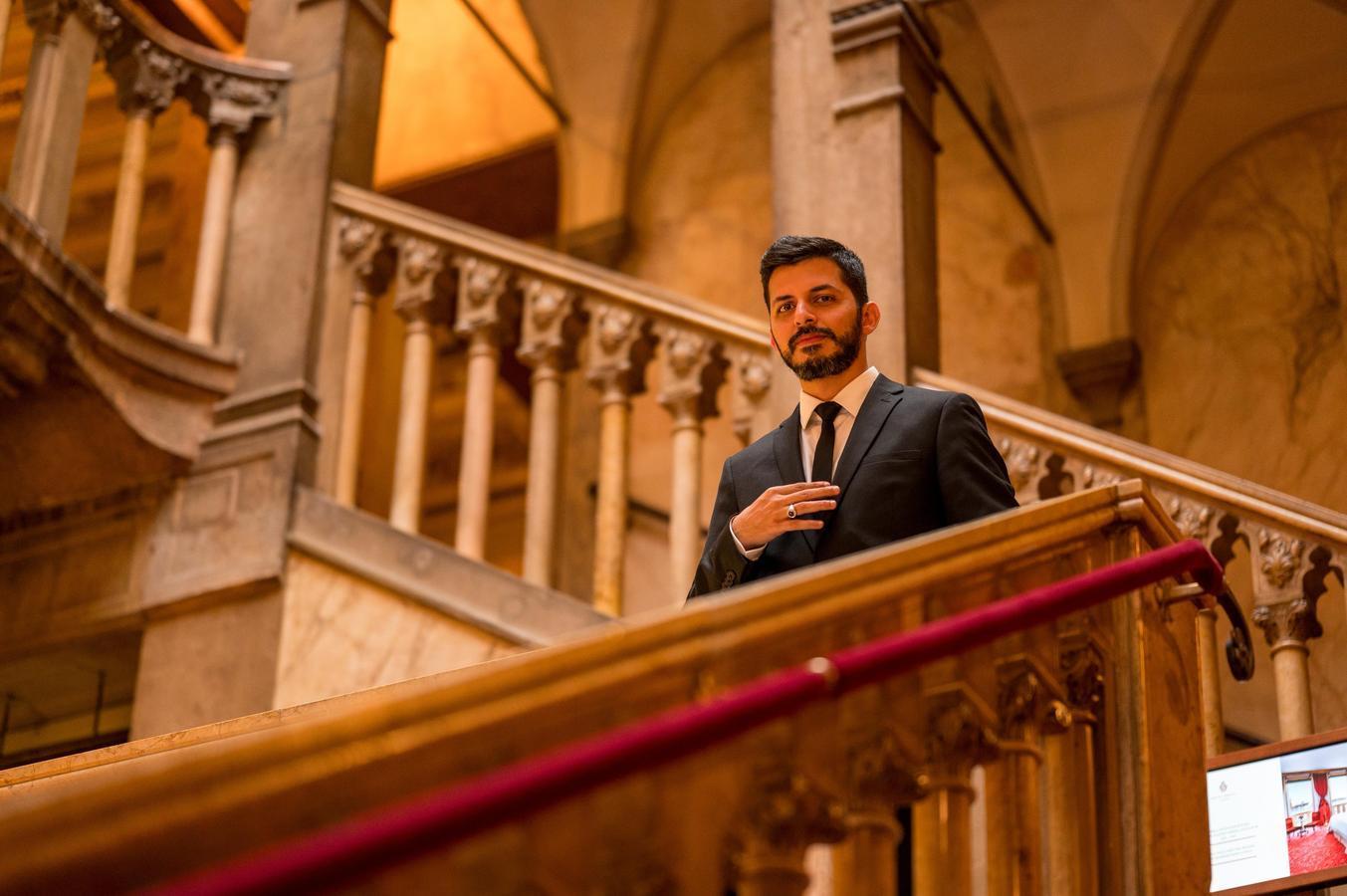
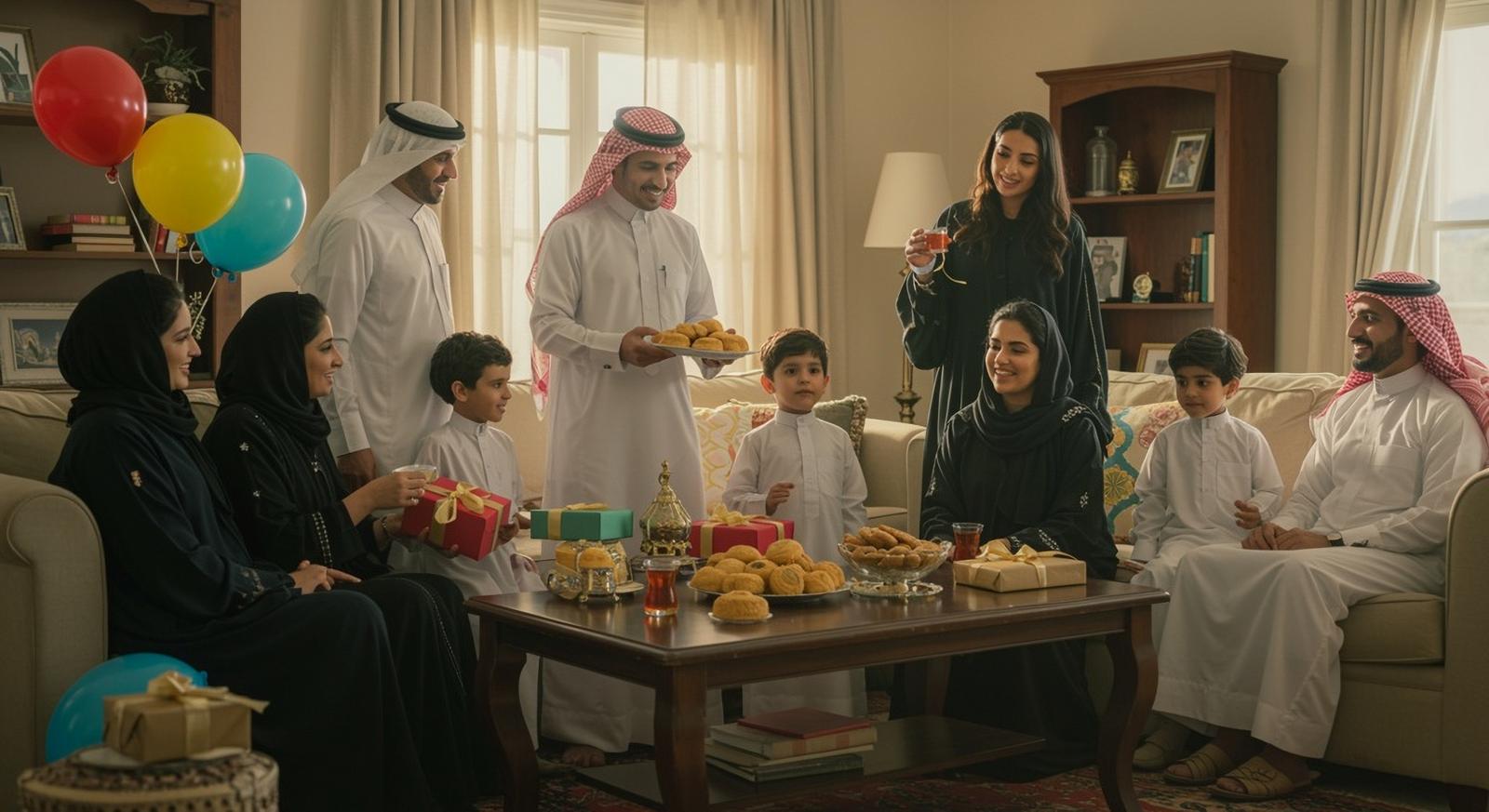

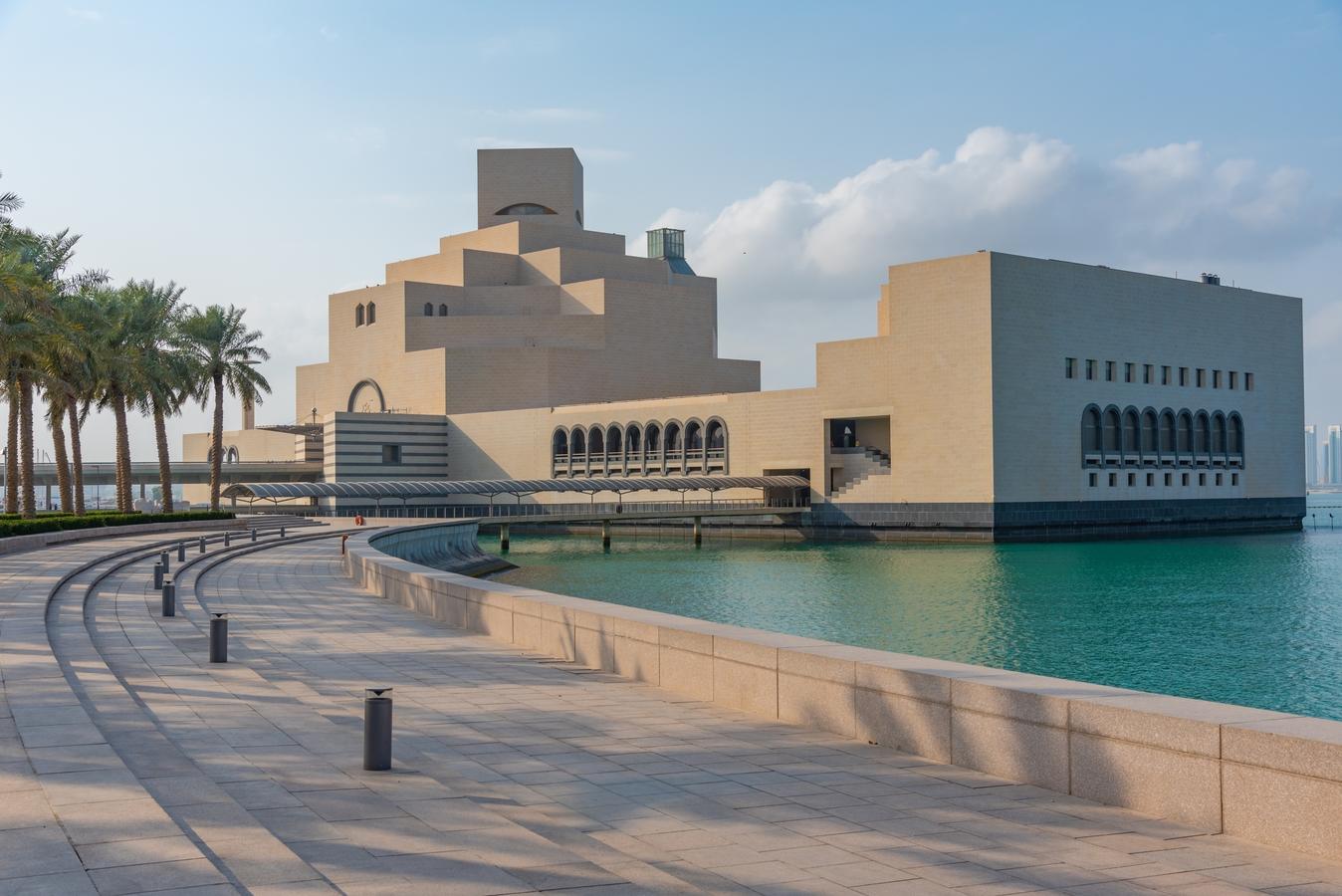
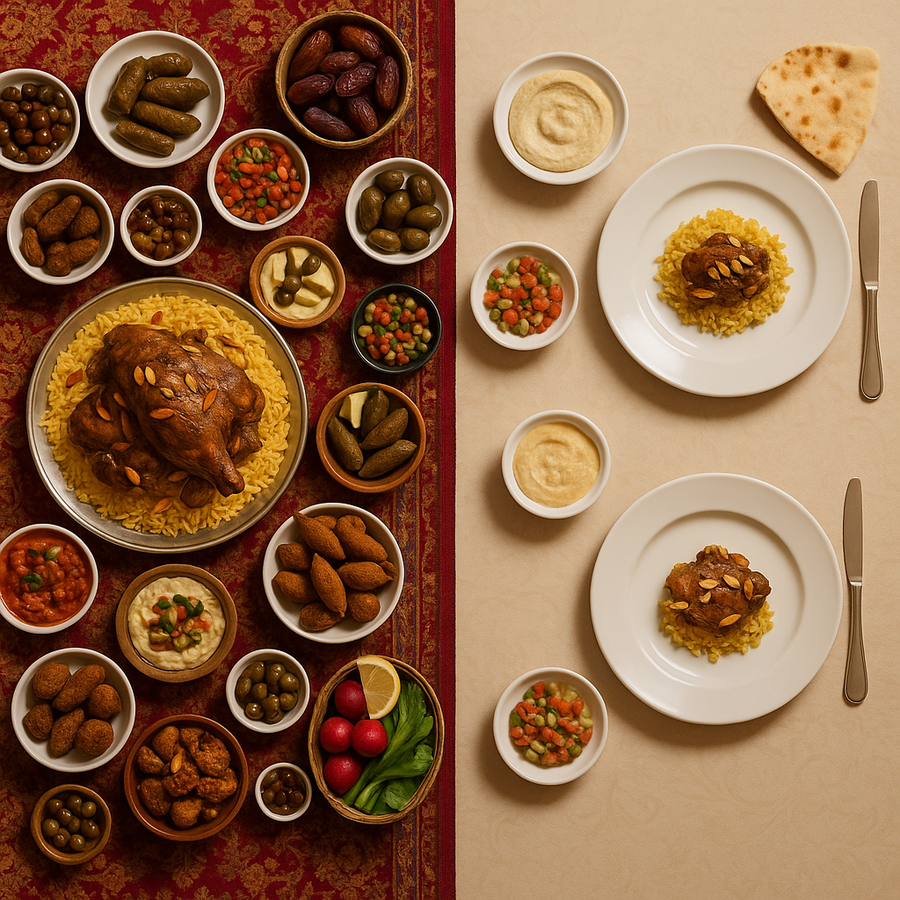
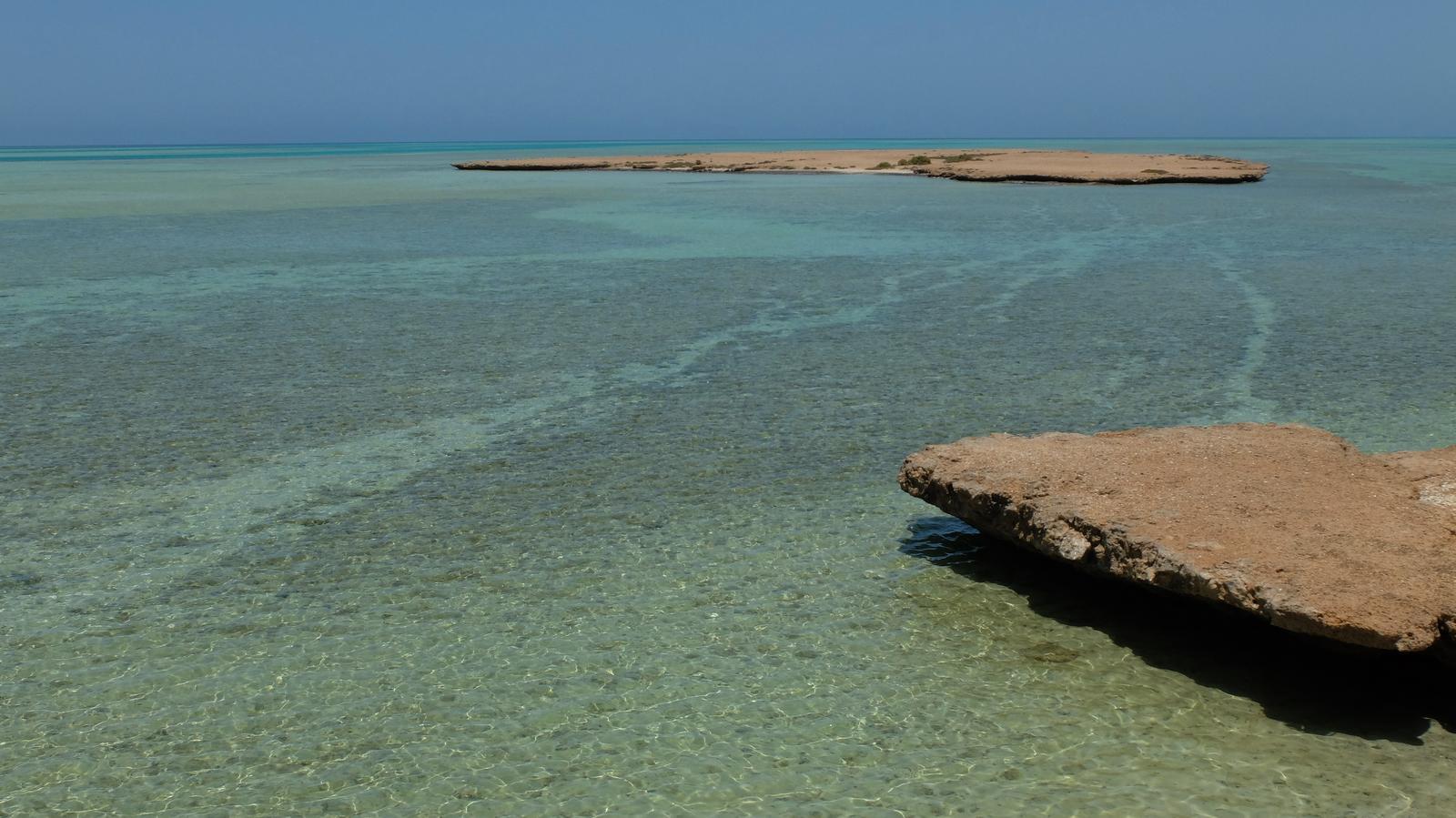
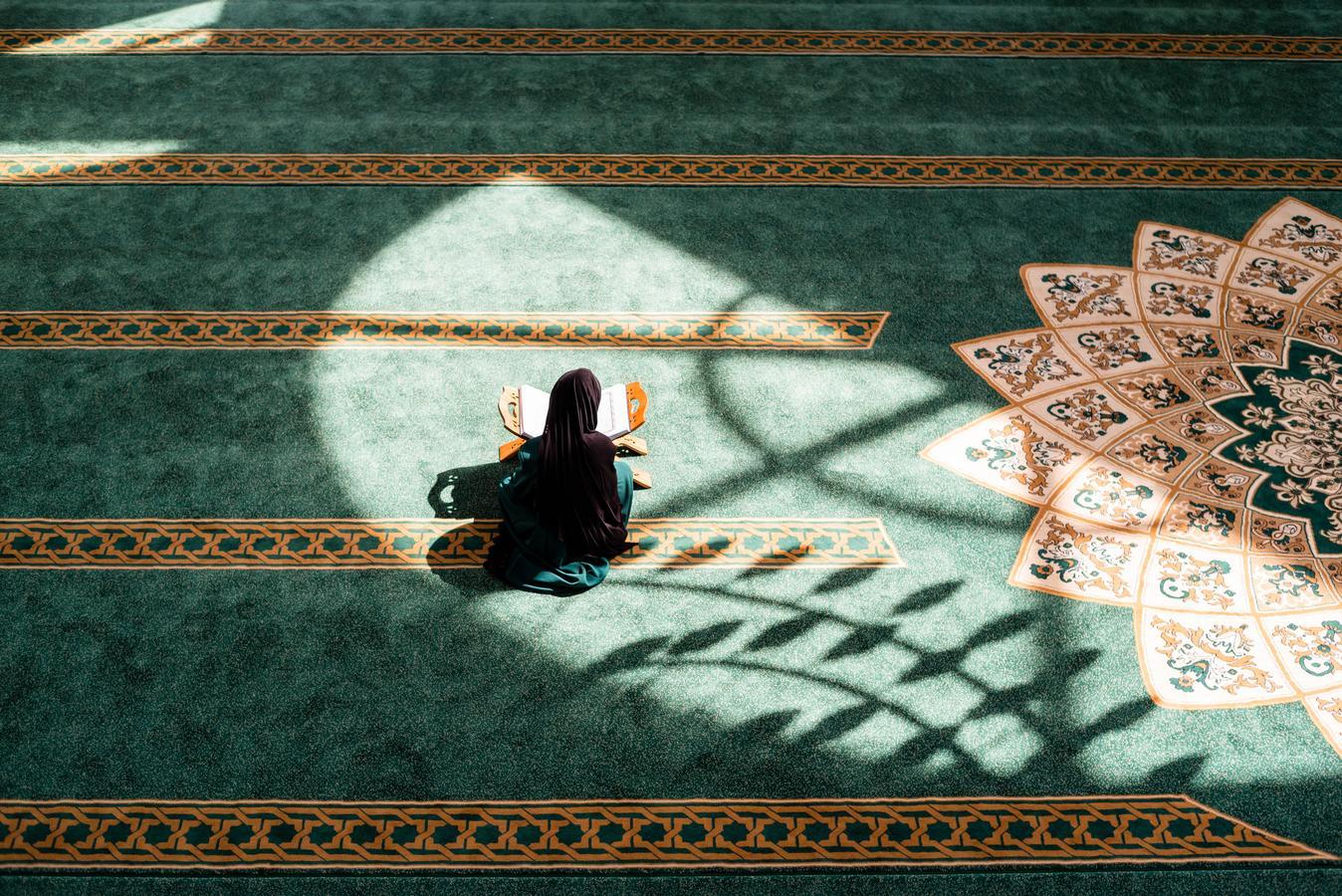
0 Comments
No comments yet. Be the first to comment!